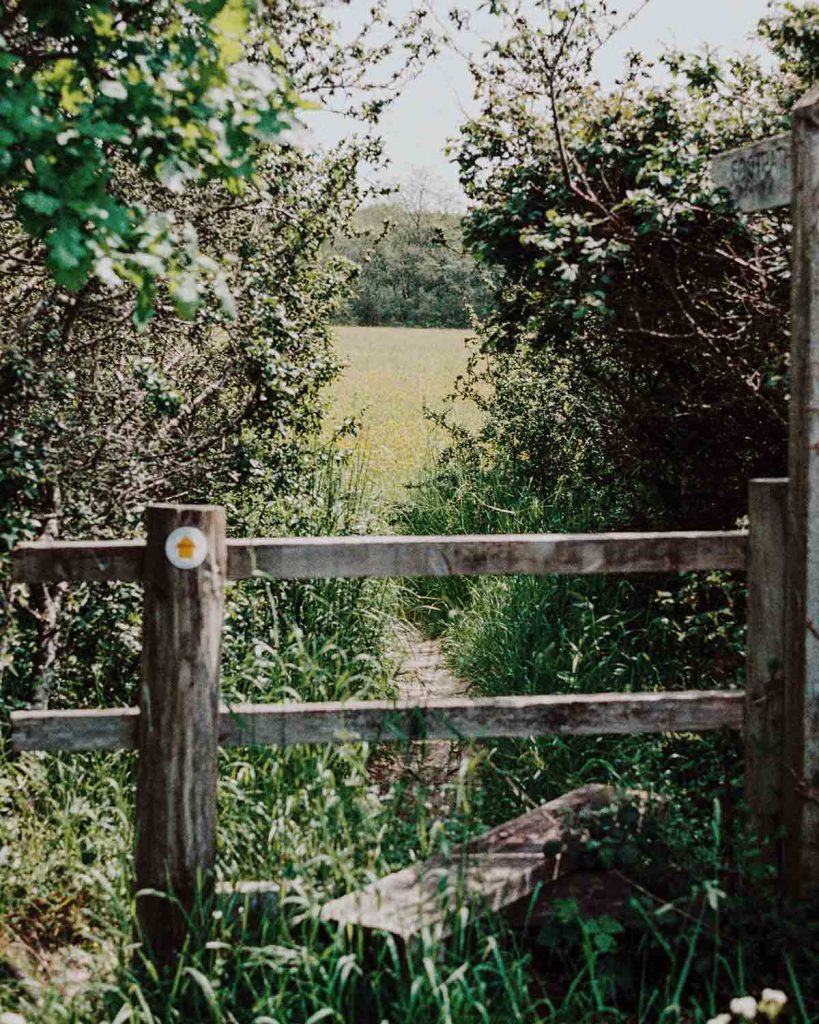So you want to go to the woods, live deliberately, face the essential facts of life, and learn what it’s trying to teach you, Thoreau-style. Here’s our guide to sustainable camping. Some environmental activists frown upon camping and advocate for no presence in nature as the most sustainable course of action. To eco-conscious people who love to adventure in the great outdoors, this is an unnecessary sacrifice. By remaining mindful of your actions, you can enjoy camping while leaving virtually no impact on the environment.
Sustainable Camping 101:

Before The Trip:
Plan to visit camping sites in the off-season
During peak season, a lot of popular spots receive more visitors than they can sustain. Visiting a popular park during the off-season will avoid adding to the strain the overcapacity puts on nature. Consider seeking out sites that attract fewer visitors for your camping adventure. Less crowded campgrounds tend to offer a more tranquil camping experience anyways.
Borrow, buy used, repair, or rent gear instead of purchasing new
New or rare campers can reduce their impact on the planet by borrowing gear from friends. If you are a regular camper and you own your gear, consider repairing any broken equipment instead of replacing it with a new one. Alternatively, there are a lot of places that rent equipment. It benefits the environment as well as your pocket.
Pack reusable
Minimize packaging waste by packing your food prep in reusable glass containers. Avoid single-use plastic as much as possible. Resist the urge to bring plastic water bottles and bring multiple reusable ones instead. “Make sure to bring enough water for each person if there is no refill station at the site. Instead of packing any plastic or paper single-use products such as plates, cutlery, straws, towels, and cups, bring reusable ones instead,” says Paul Mason, a travel blogger at Write My X and Australia2Write.
Pack biodegradable and natural care products
Try your best to only pack self-care products that are biodegradable and free from toxic chemicals. A lot of soaps, toothpaste, sunscreens and bug sprays contain chemicals that hurt the environment and pollute water. Be mindful of the ingredients in the products you bring especially if your camp is near a body of water.
Carpool to your destination
If you’re camping with friends or family, carpool to the location if possible instead of taking multiple vehicles to minimize your travel footprint. Research the availability of shuttle services that offer transportation to national parks. Taking a bus to your camping grounds will not only reduce emissions but save you the trouble of driving there.
During The Trip:
Always be mindful of the nature around you
Set your tent up in an established campsite area that allows for the least disturbance to the nature surrounding you. Take care not to leave food out overnight which could attract the wildlife near your tent. The chances of encountering a bear during your trip are rare, but never zero. During your hikes, stay on the trail as much as possible. This will reduce the harm on the other living but not as visible organisms around you. If you’re lucky enough to spot a moose or deer, fight the desire to approach it no matter how adorable it looks. Admire the animal from afar. Respecting the wildlife means respecting its space. Respecting the environment and all that live in it- is key to sustainable camping.
Build a campfire responsibly
Campsites that are at risk of forest fires or enjoy a lot of wildlife visits might place a ban on campfires. It probably goes without saying, but you have an obligation to abide by these rules to protect the environment graciously hosting your visit. “If your campsite does allow for a campfire, ensure to use the existing fire pit instead of building a new one. Use nearby deadwood as kindling or purchase firewood from the campground. Avoid bringing wood from home to prevent accidentally exposing your campground to an invasive species,” says Vincent Richmod, a blogger at Originwritings and Britstudent.
After The Trip:
Leave no waste, no trace
Now that you successfully enjoyed an environmentally conscious camping trip comes the most important part–cleanup. Dispose of any waste properly. A lot of camping grounds provide a dumpster. If there is none available, take your trash with you. Leave no waste behind. Erase any trace of you there. The ultimate goal is to clean your campsite so meticulously it looks like you were never there.
Words by: George J. Newton is a business development manager, Essay Writing Services and PhD Kingdom. He has more than 7 years of experience in Security and Business analysis. For more information, please visit Next Coursework. Photography by Annie Spratt.




